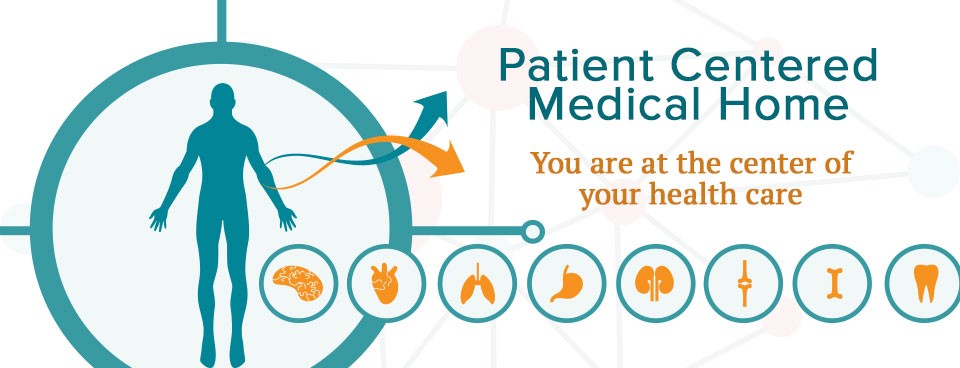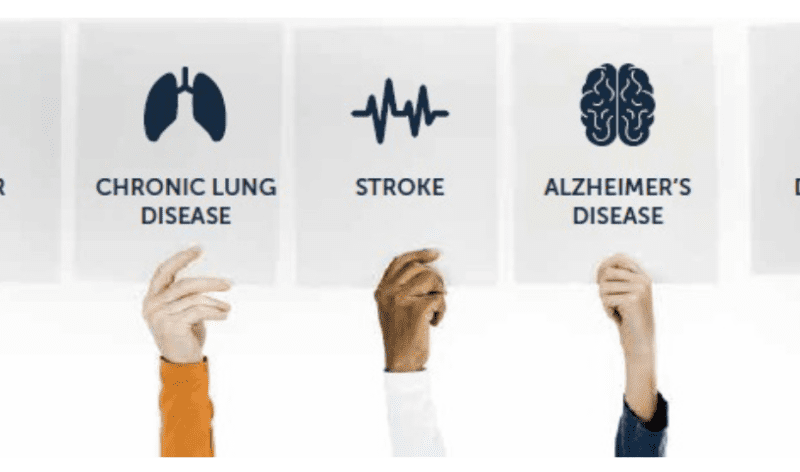Chronic diseases, such as diabetes, heart disease, and chronic respiratory conditions, continue to be leading causes of morbidity and mortality worldwide. As we step into 2024, the landscape of chronic disease management is evolving, driven by technological advancements, personalized medicine, and holistic approaches to health. This article explores the top strategies for managing chronic diseases in 2024, offering insights and practical advice for patients, caregivers, and healthcare providers.
Personalized Medicine and Genomics
Personalized medicine, also known as precision medicine, tailors medical treatment to the individual characteristics of each patient. This approach leverages genomic information to predict the risk of disease, understand the underlying mechanisms, and optimize treatment plans.
- Genetic Testing: Advances in genetic testing allow for the identification of specific gene mutations that may predispose individuals to certain chronic diseases. For example, genetic markers can help predict the likelihood of developing type 2 diabetes or cardiovascular diseases.
- Targeted Therapies: Personalized medicine enables the development of targeted therapies that are more effective and have fewer side effects. These therapies can be customized based on a patient’s genetic profile, ensuring better outcomes.
Digital Health Technologies
Digital health technologies are transforming chronic disease management by offering innovative tools for monitoring, treatment, and patient engagement.
- Wearable Devices: Wearable devices, such as smartwatches and fitness trackers, provide real-time data on vital signs, physical activity, and sleep patterns. These devices can help patients and healthcare providers monitor chronic conditions like hypertension and diabetes more effectively.
- Telemedicine: Telemedicine has gained widespread acceptance, especially during the COVID-19 pandemic. It continues to be a valuable tool for chronic disease management, offering remote consultations, monitoring, and follow-up care. Telemedicine enhances access to healthcare, particularly for patients in rural or underserved areas.
- Mobile Health Apps: Mobile health apps empower patients to take control of their health by tracking symptoms, medication adherence, and lifestyle changes. These apps often include features like reminders, educational content, and progress tracking.
Integrated Care Models
Integrated care models emphasize coordinated and continuous care across different healthcare settings and providers. These models aim to improve patient outcomes and reduce healthcare costs.
- Patient-Centered Medical Homes (PCMH): PCMHs are designed to provide comprehensive and continuous medical care to patients with chronic diseases. They focus on preventive care, patient education, and self-management support.
- Accountable Care Organizations (ACOs): ACOs are groups of healthcare providers who work together to deliver high-quality care to Medicare patients. They aim to reduce unnecessary hospitalizations and improve chronic disease management through coordinated care.
- Collaborative Care: Collaborative care involves a team-based approach, where primary care providers, specialists, nurses, and other healthcare professionals work together to manage chronic diseases. This model ensures that patients receive holistic and coordinated care.

Lifestyle Interventions
Lifestyle interventions play a crucial role in managing chronic diseases. These interventions focus on promoting healthy behaviors and reducing risk factors.
- Nutrition and Diet: A balanced diet rich in fruits, vegetables, whole grains, and lean proteins can help manage chronic conditions like diabetes and heart disease. Personalized nutrition plans, guided by registered dietitians, can address individual dietary needs and preferences.
- Physical Activity: Regular physical activity is essential for managing chronic diseases. Exercise can improve cardiovascular health, enhance insulin sensitivity, and reduce inflammation. Patients should aim for at least 150 minutes of moderate-intensity exercise per week.
- Stress Management: Chronic stress can exacerbate chronic diseases. Mindfulness techniques, such as meditation and yoga, can help manage stress and improve overall well-being.
Medication Management
Effective medication management is critical for controlling chronic diseases and preventing complications.
- Adherence Support: Medication non-adherence is a common challenge in chronic disease management. Strategies to improve adherence include simplifying medication regimens, using pill organizers, and providing patient education.
- Pharmacogenomics: Pharmacogenomics studies how genes affect a person’s response to drugs. This field allows for the customization of medications based on genetic profiles, ensuring that patients receive the most effective and safe treatments.
- Regular Monitoring: Regular monitoring of medication efficacy and side effects is essential. Healthcare providers should conduct periodic reviews and adjust treatment plans as needed.
Behavioral Health Integration
Mental health and chronic diseases are often interconnected. Integrating behavioral health services into chronic disease management can improve patient outcomes.
- Screening and Assessment: Routine screening for mental health conditions, such as depression and anxiety, should be part of chronic disease management. Early identification and treatment of mental health issues can enhance overall health.
- Behavioral Interventions: Cognitive-behavioral therapy (CBT) and other evidence-based interventions can help patients cope with the psychological burden of chronic diseases. These therapies can improve adherence to treatment plans and promote positive lifestyle changes.
- Support Groups: Support groups provide a platform for patients to share experiences, seek advice, and receive emotional support. These groups can reduce feelings of isolation and enhance coping strategies.
Patient Education and Empowerment
Empowering patients with knowledge and skills is fundamental to effective chronic disease management.
- Health Literacy: Improving health literacy ensures that patients understand their conditions, treatment options, and self-management strategies. Healthcare providers should use clear and simple language, provide written materials, and utilize visual aids.
- Self-Management Programs: Self-management programs teach patients how to manage their chronic conditions on a day-to-day basis. These programs cover topics such as symptom monitoring, medication management, and lifestyle modifications.
- Shared Decision-Making: Shared decision-making involves patients in the decision-making process regarding their treatment plans. This approach respects patient preferences and values, leading to more personalized and acceptable care.
Conclusion
Managing chronic diseases in 2024 requires a multifaceted approach that combines personalized medicine, digital health technologies, integrated care models, lifestyle interventions, medication management, behavioral health integration, and patient education. By embracing these strategies, patients, caregivers, and healthcare providers can work together to improve health outcomes, enhance quality of life, and reduce the burden of chronic diseases. As we continue to innovate and adapt, the future of chronic disease management looks promising, offering hope and better health for millions of individuals worldwide.












